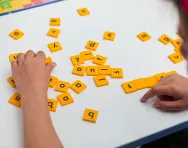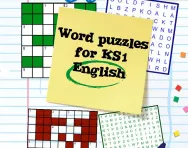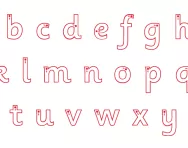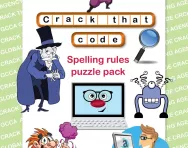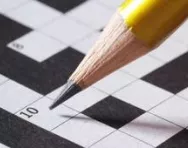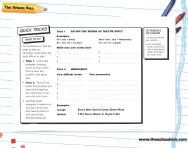Important update from TheSchoolRun
For the past 13 years, TheSchoolRun has been run by a small team of mums working from home, dedicated to providing quality educational resources to primary school parents. Unfortunately, rising supplier costs and falling revenue have made it impossible for us to continue operating, and we’ve had to make the difficult decision to close. The good news: We’ve arranged for another educational provider to take over many of our resources. These will be hosted on a new portal, where the content will be updated and expanded to support your child’s learning.
What this means for subscribers:
- Your subscription is still active, and for now, you can keep using the website as normal — just log in with your usual details to access all our articles and resources*.
- In a few months, all resources will move to the new portal. You’ll continue to have access there until your subscription ends. We’ll send you full details nearer the time.
- As a thank you for your support, we’ll also be sending you 16 primary school eBooks (worth £108.84) to download and keep.
A few changes to be aware of:
- The Learning Journey weekly email has ended, but your child’s plan will still be updated on your dashboard each Monday. Just log in to see the recommended worksheets.
- The 11+ weekly emails have now ended. We sent you all the remaining emails in the series at the end of March — please check your inbox (and spam folder) if you haven’t seen them. You can also follow the full programme here: 11+ Learning Journey.
If you have any questions, please contact us at [email protected]. Thank you for being part of our journey it’s been a privilege to support your family’s learning.
*If you need to reset your password, it will still work as usual. Please check your spam folder if the reset email doesn’t appear in your inbox.
5 unusual ways to help with spelling
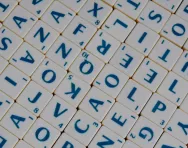
1. Spell with your fingers
Change the way your child memorises spelling words each week by signing them out! It’s a great way to visualise the words in a different way, and also learn British Sign Language.
Every year, the National Deaf Children’s Society encourages schools to run ‘Fingerspellathons’ to both raise money for the charity, as well as give students a chance to learn about childhood deafness. It’s also a great way to help children memorise difficult spellings, and feel proud at learning a new skill!
2. Play a game of cards
Help your child memorise words with the same starts, middles or ends by playing a spelling version of Happy Families. For instance, make groups of four cards with words that have ‘ai’, ‘oa’, ‘ea’ or ‘ei’ in the middle. Try making groups of cards with singular or plural versions of the same word (so, having all the singular versions will win the game, for instance), or that rhyme with each other. Play the game and collect the four cards that ‘match’ with the same sound or spelling rule.
Find more tips like this in Spelling Made Magic.
3. Adopt a word
Does your child have a favourite word? Help them own it! Children’s communications charity ICAN used to ‘sell’ words for £15 each, and although the scheme is no longer running you could still donate to them to support ICAN’s work with children who have difficulty communicating. Why not make word adoption an annual event in your family, with a new word to learn and use?
4. Get competitive
Turn spelling into a fun competition by organising a spelling bee. Popular in the US, where they’re actually televised, a contest will get your child interested in words they might never have heard before. It can also be thrilling to watch as a large group of contestants dwindle down to four, then three, then two, then the winner!
Compete in your own spelling bee online – could you hold your own against spelling bee champions?
5. Get hooked on word puzzles
Wordsearches and crossword puzzles not only improve thinking skills, but also help reinforce spelling rules. Solving a crossword involves getting word spellings correct as well as knowing the right answers to the clues. Wordsearches show correct spellings in the list of words to find, and then encourage children to know how to spell it letter by letter when looking for it in the puzzle. Make it into a challenge by setting your child a time limit on finishing their word puzzle, and offer rewards for beating previous records!
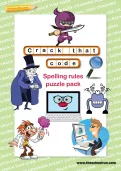
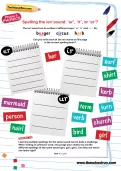
Claim FREE Spelling Resources Today
- Spelling workbooks
- Step-by-step programme
- Spelling test packs
- 100s of worksheets & games

